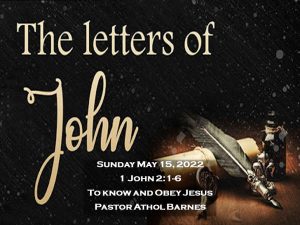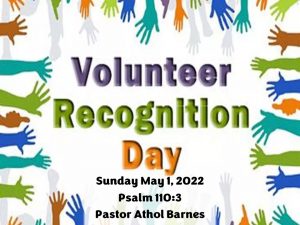
It is Memorial Day, a day filled with family and friends gathered around a grill and enjoying the smells of meat cooking and the sound of children playing. But this year, it feels different as we wrestle with the tragedy of the past week.
It is impossible to wrap our minds around the senseless horror of nineteen fourth-grade children who are missing from the family meal table today. As a church family we spent some time in silence yesterday, praying for the families and friends who have lost loved ones in Uvalde Texas this past week. We must pray that the Prince of Peace and Wonderful Counselor will be near to those who are mourning today.
In this world, we are surrounded by pain and grief at every turn, and sometimes it becomes overwhelming. Many people look for a way to escape the pain and turn to substances or other forms of addictions.
When I am overwhelmed by the hurt in this world, I turn to the promise of Jesus in John 16:33, “I have said these things to you, that in me you may have peace. In the world you will have tribulation. But take heart; I have overcome the world.”
The Greek word for “tribulation”, could also mean, “distress”. The world around us will cause us to be distressed, troubled and many times confused, Jesus said it would be so. But we have the enduring promise from our Lord and Savior, “in me you may have peace.”
Memorial Day is a day when we remember those who have paid the ultimate price for our freedoms that we enjoy. Throughout the generations, there have been hundreds of thousands of people who have faced the grief and distress of losing a loved one on the battlefield. Their lives are changed forever in an instant as they begin the process of grieving.
The words of Jesus are not a well-worn platitude, rather, it still carries immeasurable power and hope. However, this promise of peace is only available to those who find their comfort in Christ. To be in Christ is to have a personal relationship with Jesus as Lord. Jesus was speaking these words to his disciples as he was preparing them for his crucifixion and ultimate departure.
In the same chapter Jesus encourages his disciples that he must go in order for the Holy Spirit, the Helper and Comforter, to come to them. This same Holy Spirit is in all who truly follow Jesus and he is praying for us when we don’t know what to pray as Paul writes in Romans 8:26, “Likewise the Spirit helps us in our weakness. For we do not know what to pray for as we ought, but the Spirit himself intercedes for us with groanings too deep for words.”
As we see the Day of the Lord approaching, it is certain that we will also see an increase in pain and suffering (distress), in the world. We will be exposed to it and we will also experience it, however we have the promise of Jesus that we will be able to know his peace through the distress.
Do you need peace today?
Place your faith in Jesus Christ as Lord and lean on his unbreakable promises.





